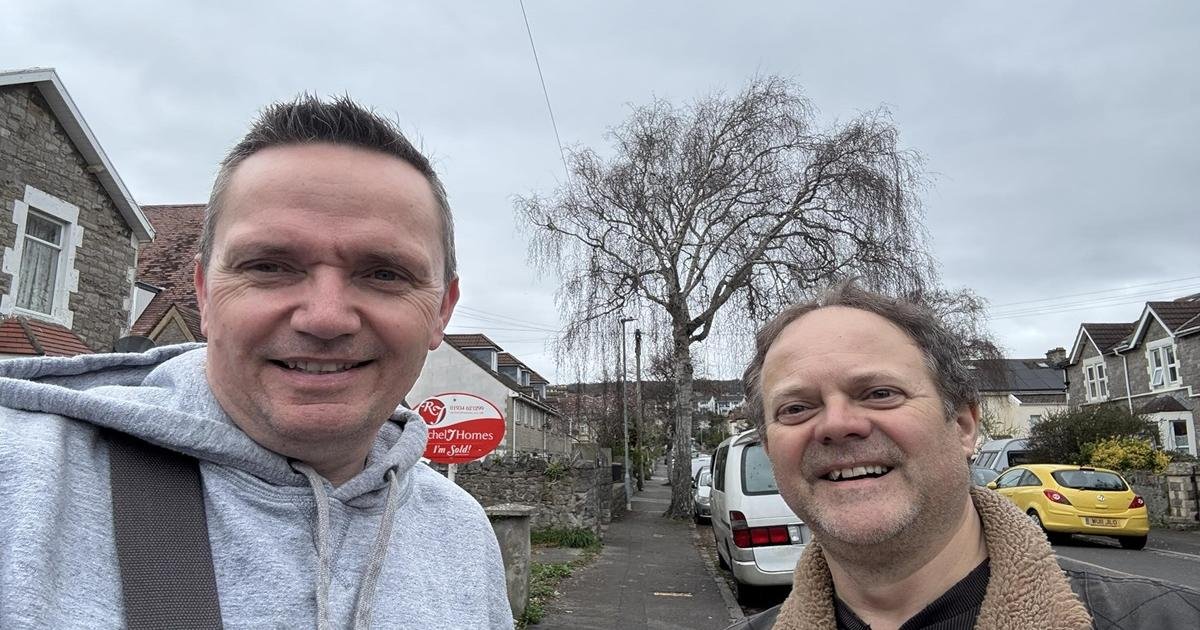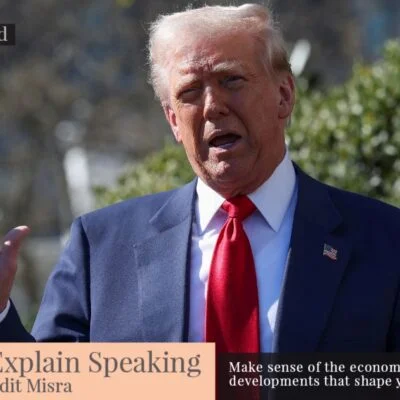Expectations have grown, communication has changed, and funding has become tighter.
Despite these challenges, councillors across North Somerset are rising to the occasion, finding new and better ways to serve their communities.
Residents rightly expect their councillors to be accessible, responsive, and visible.
People want answers when things go wrong – whether it is potholes, planning issues, or litter in the park – and they want to feel listened to.
This is a positive sign.
It shows that people care about where they live and want to be involved in shaping their neighbourhoods.
But it also means councillors need to be good communicators, explaining what can and cannot be done clearly and honestly.
The way we communicate has changed dramatically.
Councillors are no longer just names on a noticeboard or faces at a monthly surgery.
Today, many are active on Facebook, posting updates, answering questions, and sharing useful information.
During the Covid-19 pandemic, we saw how digital tools could bring local democracy into people’s homes, with online meetings and virtual drop-ins making it easier for residents to engage.
In North Somerset, many of my colleagues have embraced these changes.
Cllr Robert Payne has backed initiatives to improve digital access, helping ensure more residents can get online and take part in community life.
Cllr Jemma Coles regularly shares news and updates with residents on social media, breaking down council work into clear, practical messages.
Councillors like Wendy Griggs are active and high profile in their patch to stay in touch with the people they represent.
This move towards digital engagement is not just about technology.
It is about values: being open, being available, and being part of the community.
It allows councillors to reach more people, including those who might never attend a town hall meeting but still have a view on what needs to change.
At the same time, councillors face some tough realities.
Council budgets have been under pressure for more than a decade.
Funding from central government has fallen in real terms, while demand for key services – from adult social care to housing – has continued to grow.
This makes the job of a councillor more complex.
We have to work within tighter limits, set priorities carefully and look for creative ways to get things done.
Yet despite the challenges, there is room for hope.
In North Somerset, councillors are working hard to protect vital services and support the most vulnerable.
Cllr Sue Mason brings long experience and a calm, thoughtful approach to problem-solving.
Cllr John Crockford-Hawley continues to advocate for our area’s heritage and identity, while adapting to the new demands of modern local government.
Cllr Patrick Keating has helped drive forward community-led projects that bring people together and build local pride.
The role of a councillor is changing, but the purpose remains the same: to serve.
We are here to listen, to lead, and to help local people shape the future of their towns and villages.
We are not here to tell people what to think.
We are here to work with them – to find common ground, solve problems, and make our communities stronger.
As councillors, we face high expectations.
That is a challenge, but it is also a privilege.
By being open, fair, and focused on what matters, we can earn people’s trust and help create the kind of places we all want to live in.





